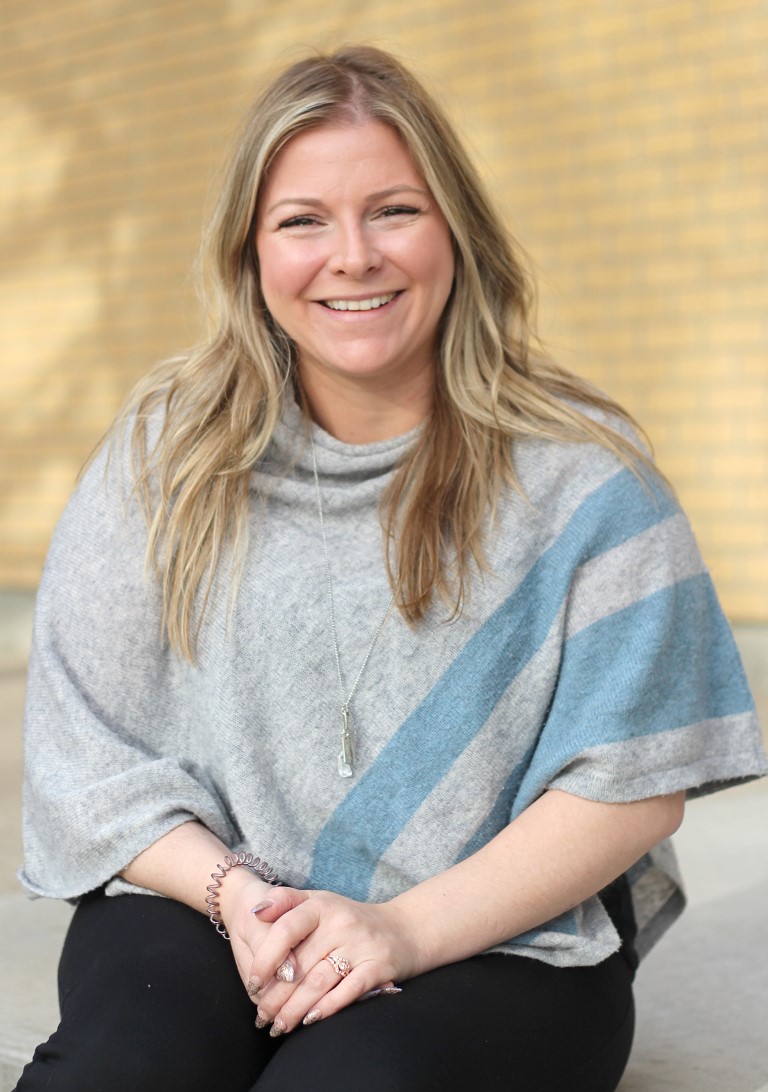
Lethbridge College will introduce a new workshop topic as part of its focus on addictions – sex and porn.
Marie Damgaard, a psychology instructor in the college’s General Studies program, will present Sex and Porn Addiction: Myth or Reality from 2 to 3:15 p.m., Thursday, Nov. 21. This free workshop is open to all college students and staff.
Participants can expect a lively and candid 75 minutes, Damgaard says, on a topic that’s as timely and important as it may be uncomfortable.
Damgaard is one of about 1,500 sex addiction therapists in the world, earning the title six years ago when she completed her training with the International Institute of Trauma and Addiction Professionals under Dr. Patrick Carnes, who first coined the term “sex addiction.”
While the name of the workshop asks whether sex addiction is a myth, Damgaard can answer definitively it’s real. The brain goes through the same process addicted to drugs as it does addicted to sex and porn. The regulating response is the same.
“What we know about the brain and its neuroplasticity is that it is malleable and is sculpted the more we use it in certain ways; the neurons that fire together, wire together,” says Damgaard. “This essentially is about dopamine-based learning, neuroplasticity and impact of rehearsing anything, which results in embodied procedurally learned tendencies.”
She cites a U.S. study that suggests sexual addiction affects three to 10 per cent of the population, numbers she predicts will rise with the population of “digital natives,” who’ve never known life without the Internet.
“What encouraged me to start this work is because I was really curious about understanding what healthy sexuality was, and trying to look at it from a sex-positive approach,” she says. “How can I work on my own journey around healthy sexuality and relationships, but also help other individuals, especially nowadays, with technology and pornography? Most younger people are getting their information around what healthy sex is from porn. That’s problematic for a variety of reasons.”
The result may manifest in many ways from unhealthy relationships, sexual dysfunction, substance abuse and more. While there’s openness to acknowledging drug or alcohol addiction as diseases, sexual addiction carries the heavy stigma of sex as a taboo subject, gender expectations (“boys will be boys” or “good girls don’t”) and ongoing debate about whether addiction is being used as an excuse for misbehaviour. On that front, Damgaard says it will help that the 11th edition of the International Classification of Diseases (ICD-11) will recognize sexual compulsive behaviour for the first time.
This workshop is about getting past that stigma and helping participants identify if a problem might exist in their lives or in someone they know.
“Most people start to feel comfortable in my lectures because I’m comfortable, curious about healthy sexuality and what that means to us individually,” says Damgaard. “I use humour. Everyone laughs and it’s like ‘OK, we can all just sort of ease up around the discomfort of this.’ I think it’s about trying to make it relatable. I don’t think all of us are sexually addicted, but I do think all of us have a process of trying to figure out what healthy sexuality is.”
For some, the workshop may provide validation that something they’ve experienced is not healthy and that there’s help if they want it.
“What I often say to people is I’m all about choice,” she says. “If you have an addiction, you don’t have a choice. Part of our work is helping people have a choice with some of their behaviours.”
LISTEN: Marie Damgaard speaks about the Porn Addiction: Myth or Reality workshop